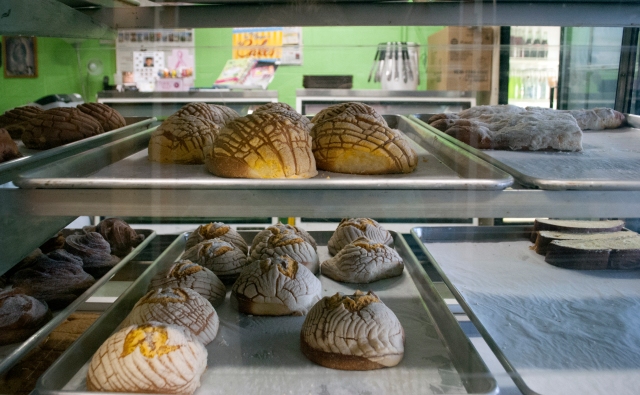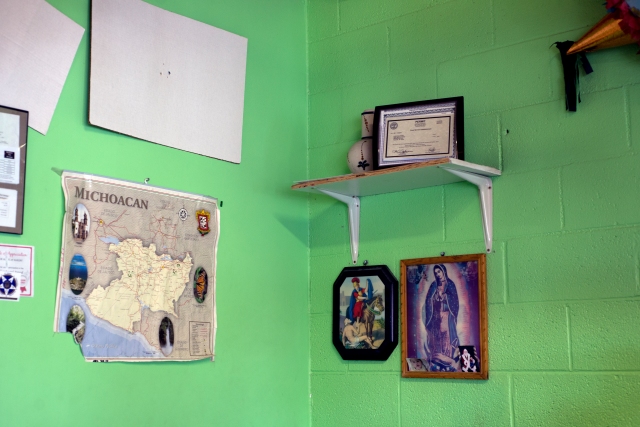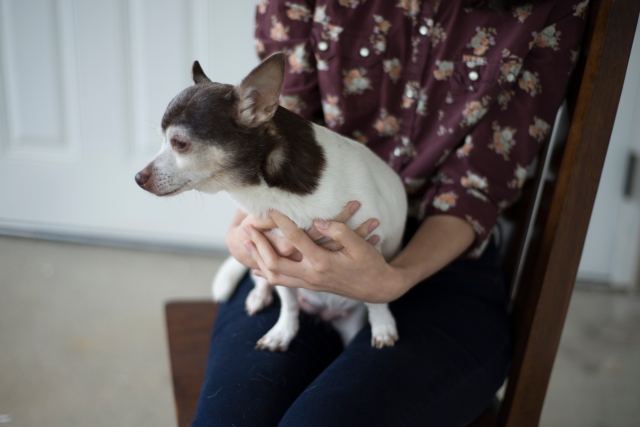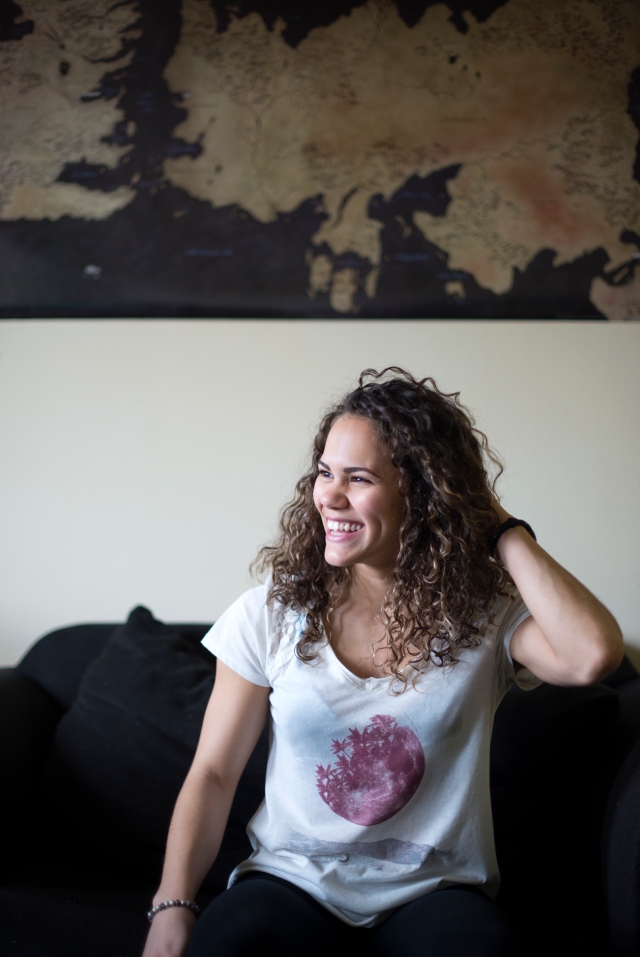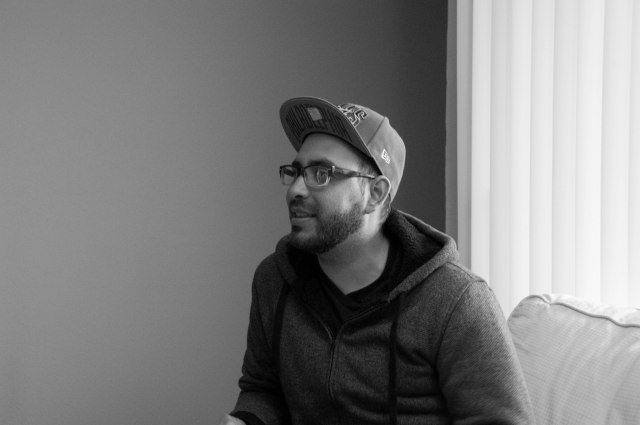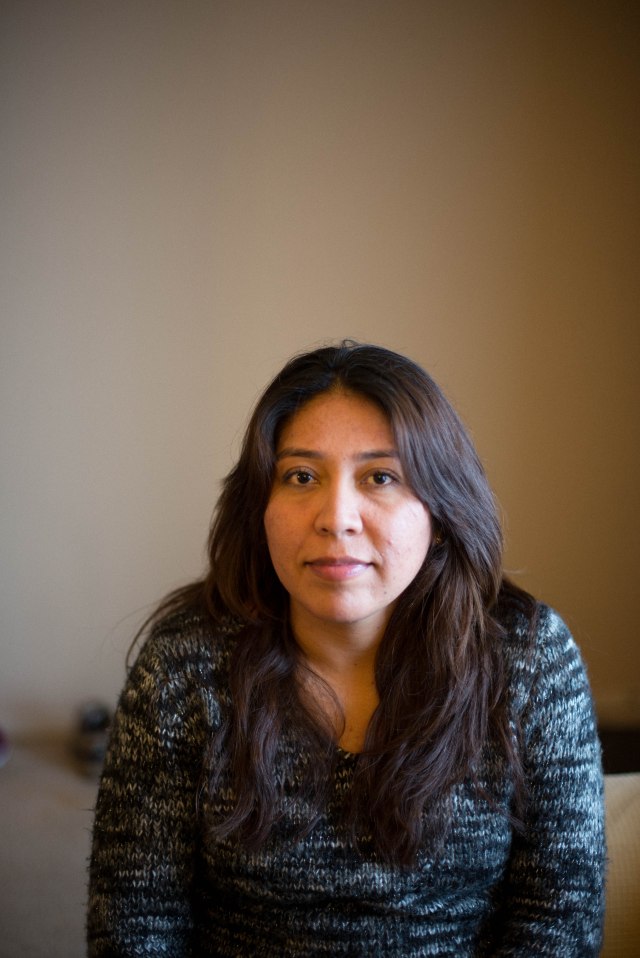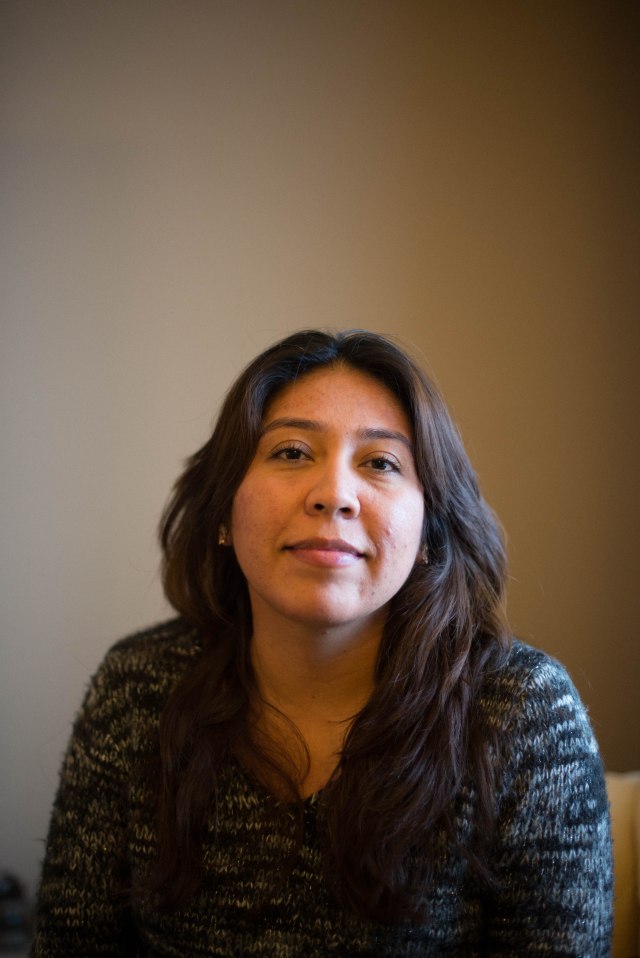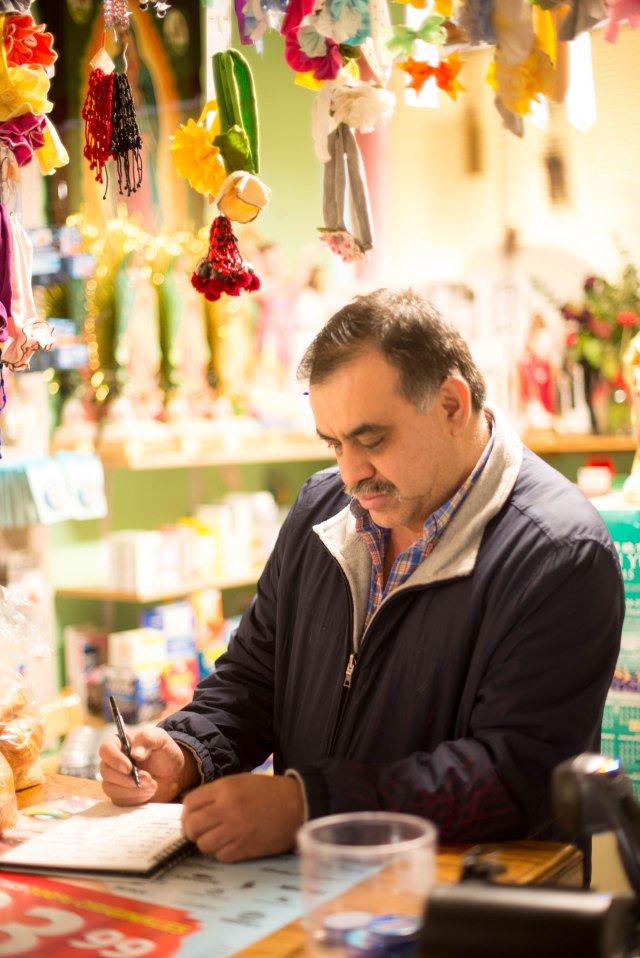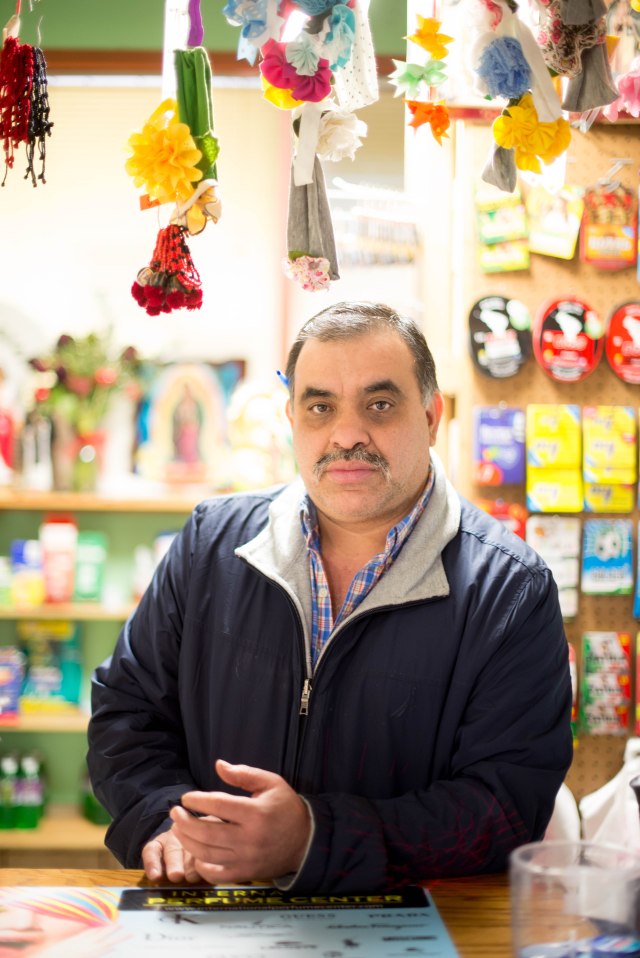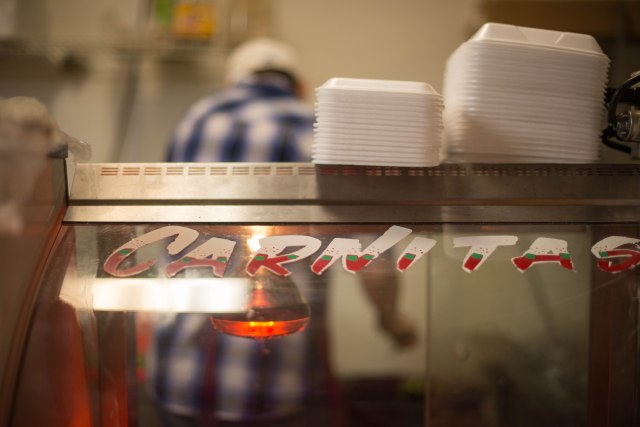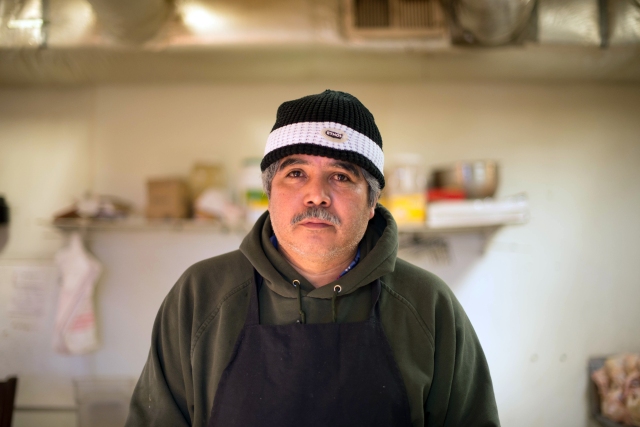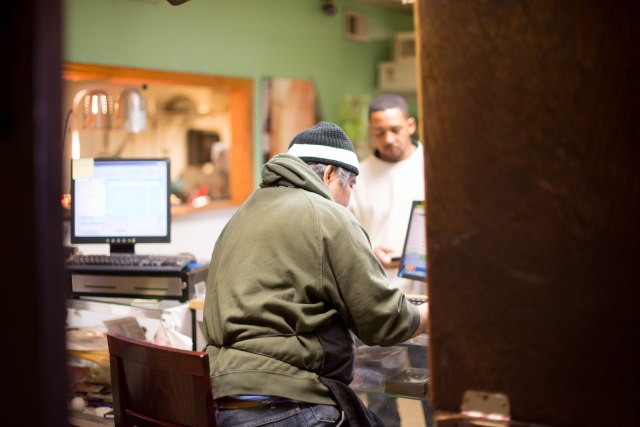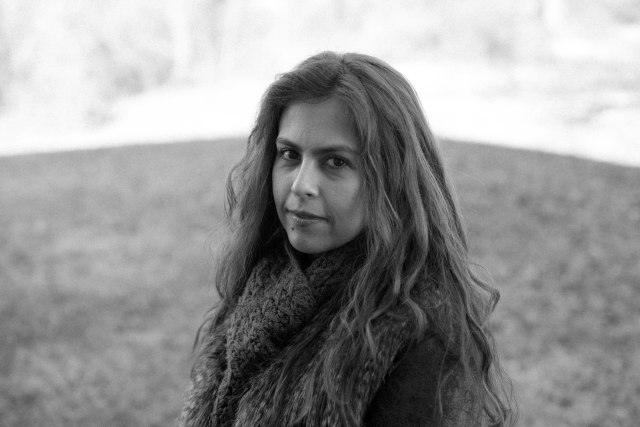A second-generation American, Vilmaris González is very proud of her Hispanic culture. Born in Trenton, New Jersey, her family moved to Colombia, Tennessee when she was two. With a grandmother still living in New Jersey and two living in Puerto Rico, the culture of Puerto Rico has been a big influence on who she is today.
Growing up in Colombia, Tennessee, Vilmaris always sensed that her family was different culturally from her classmates. It wasn’t until she was older that she spent more time with her friends from school. Instead, she grew up in the large community of Hispanics, including Dominicans, Puerto Ricans, and Cubans, that live in Colombia. She recently graduated from the University of Tennessee and currently works as an after-school counselor at a local elementary school and volunteers at a domestic violence and transitional housing center.
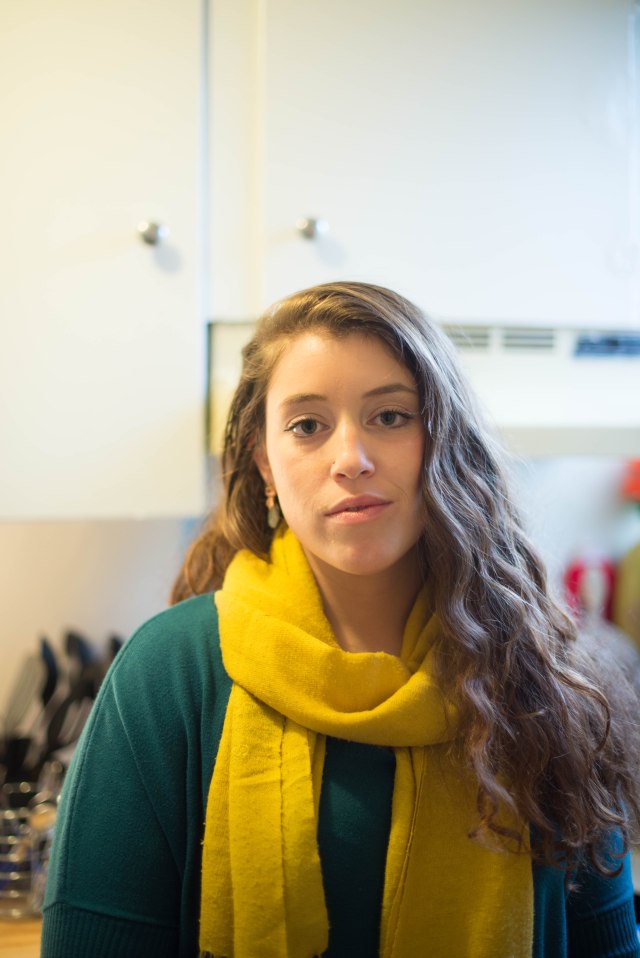
She spoke mainly English at home, even though her father spoke primarily in Spanish to her and her brother. So although she always had perfect comprehension of the Spanish language, she grew up feeling ashamed that her speaking skills were not as good as she wanted them to be. It wasn’t until she started college and studied abroad in Spain that she began to speak Spanish without fear or shame. And while she would like to use her Spanish in her career, being able to speak without fear has personal value for her: she can communicate with members of her family who don’t speak much English and she has a better understanding of her cultural roots.
Vilmaris spoke a lot about the stereotyping she experiences, especially because of her pale skin. She said: “What people don’t realize, especially in the States is just because I don’t have long black hair, kinky curly black hair and I’m not really tan, doesn’t mean I’m not Hispanic. And I’m always asked, “Oh are you half?” Just all these different speculations. You can see that when you go to Puerto Rico too. You see Afro-Puerto Ricans, you see people who are like me but with blonde hair and blue eyes. All different shades and colors.”
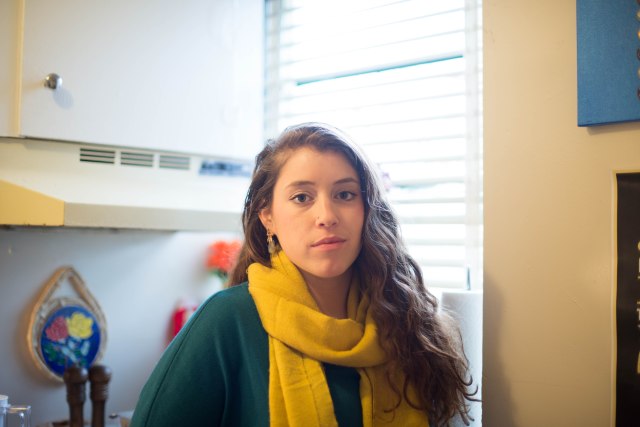
She wishes people would take the time to differentiate between the nationalities that exist within the Hispanic community, to see the cultural differences. She explains that while certain customs are shared by most Hispanics, each culture has unique dishes, dances, and customs. For example, in Puerto Rico there are many dishes made from plátanos such as tostón, mofongo, and pastel (a dish that mixes pork and a dough made from the banana).
She experiences stereotyping more so in the South, saying: “The south, in general and just from my experiences, isn’t as culturally aware of the differences within the Hispanic community and the different nationalities. If someone sees your last name or realizes you’re Hispanic they automatically assume you’re Mexican. And a lot of the time I’ve noticed that being Mexican isn’t very good in a lot of people’s eyes, it’s a negative connotation. But in my mind too, “Well why is it negative?” If I were to be Mexican, I would be proud, I would be okay with it. So many people assume that and then also view it as a negative thing. I can’t wrap my personal mind around it. I just don’t understand.”
Vilmaris has a huge appreciation for other cultures and loves to travel. This past summer, she interned in Romania where she worked in an international team of college students with middle-school children. She loves working with kids and influencing them, dispelling stereotypes and building understanding across cultures. In Romania, she was the first American several people had met. Abroad and in the States, she is changing perceptions of what it is to be American and Latina.

